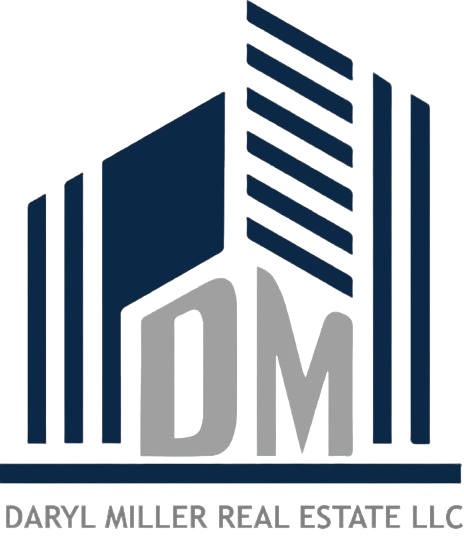What’s Better Option to Buy a Home? Cash or Instalment?

When it comes to buying a home, one of the biggest decisions you’ll face is whether to pay in cash or finance through installments (a mortgage). Each option has its own set of advantages and drawbacks, and the best choice largely depends on your financial situation, goals, and personal preferences. Here’s a comprehensive guide to help you weigh the pros and cons of buying a home with cash versus using a mortgage.
1. Financial Implications
Cash:
- Pros:
- No Interest Payments: Paying with cash means you avoid mortgage interest altogether, which can save you a significant amount of money over time.
- Full Ownership: You own the property outright from day one, which can provide peace of mind and financial freedom.
- Simplified Process: A cash transaction is typically quicker and less complex, as it eliminates the need for mortgage approvals and related paperwork.
- Cons:
- Large Upfront Cost: Using cash requires a substantial amount of liquidity, which could deplete your savings or investments.
- Opportunity Cost: Tying up a large sum of money in real estate might mean missing out on other investment opportunities that could offer higher returns.
Installments (Mortgage):
- Pros:
- Preserved Cash Flow: Financing allows you to keep more of your cash on hand for investments, emergencies, or other opportunities.
- Affordability: Mortgages make it easier to afford a more expensive home by spreading payments over a long period, making higher-priced properties more accessible.
- Cons:
- Interest Costs: Over the life of the loan, you’ll pay interest, which can significantly increase the total cost of the home.
- Long-Term Commitment: Monthly mortgage payments can be a long-term financial obligation, which might impact your budget and financial flexibility.
2. Investment and Liquidity
Cash:
- Pros:
- Investment Opportunities: Without a mortgage, you might find it easier to invest your remaining cash in other ventures or assets that offer better returns.
- Financial Security: No debt means less financial stress and greater security, especially in times of economic uncertainty.
- Cons:
- Reduced Liquidity: Large cash outlays for a home can reduce your liquidity, making it harder to access funds for emergencies or other needs.
Installments (Mortgage):
- Pros:
- Investment Potential: Keeping your cash invested elsewhere can potentially yield higher returns than the cost of mortgage interest.
- Liquidity: Financing your home helps maintain liquidity, which can be crucial for financial flexibility and unforeseen expenses.
- Cons:
- Debt Management: Managing mortgage payments and debt can complicate your financial planning and impact your creditworthiness.
3. Tax Considerations
Cash:
- Pros:
- No Deductible Interest: While you won’t benefit from mortgage interest deductions, the lack of interest payments can still be a plus for your overall financial health.
- Cons:
- Missed Deductions: Without a mortgage, you won’t benefit from potential tax deductions on mortgage interest, which could be advantageous for some buyers.
Installments (Mortgage):
- Pros:
- Interest Deductions: Mortgage interest can often be tax-deductible, providing potential tax benefits and lowering your effective cost of borrowing.
- Cons:
- Interest Costs: Even with tax deductions, you’ll still incur interest costs over the life of the loan.
4. Flexibility and Risk
Cash:
- Pros:
- No Risk of Foreclosure: Owning the home outright means you won’t face the risk of foreclosure if your financial situation changes.
- Greater Negotiating Power: Cash offers are often more appealing to sellers, potentially giving you leverage in negotiations and a quicker closing process.
- Cons:
- Less Financial Flexibility: A significant cash purchase can reduce your financial flexibility, making it harder to respond to sudden changes or opportunities.
Installments (Mortgage):
- Pros:
- Financial Flexibility: With a mortgage, you retain more of your cash for other uses, giving you greater flexibility and the ability to manage financial risks.
- Cons:
- Potential for Financial Strain: If your financial situation changes, you might struggle with mortgage payments, which could lead to financial stress or foreclosure.
Conclusion
The choice between buying a home with cash or through installments depends on various factors, including your financial health, investment strategy, and personal preferences. Paying with cash can offer benefits like full ownership, no interest payments, and a simplified buying process. However, it requires a significant upfront outlay and can reduce liquidity.
On the other hand, financing through a mortgage allows you to preserve cash, invest in other opportunities, and potentially benefit from tax deductions. Yet, it comes with interest costs and long-term financial commitments.
Ultimately, it’s crucial to assess your financial situation, consider your long-term goals, and consult with financial advisors to make an informed decision that aligns with your overall financial strategy. Whether you choose to pay in cash or finance your home, the right choice will support your financial well-being and homeownership goals.
